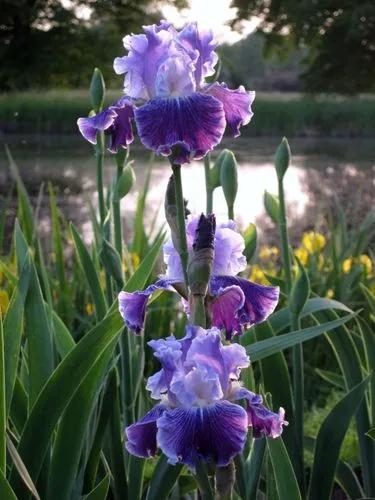Jambos is an evergreen tree with a regular shaped, dense crown of wide-spreading branches, it can grow 6 - 10 metres tall. The bole can be 50cm in diameter, often branching from low down.A multipurpose tree that has been cultivated for around 2,500 years. It provides food, medicines and a range of commodities for the local population. An attractive tree with showy cream-coloured flowers and dark-green foliage, it is often grown as an ornamental and hedge plant in tropical gardens
Jambos Care
Syzygium Jambos



How to Care for the Plant

Water

The tree will tolerate semi-arid conditions, but prolonged dry spell are detrimental. It should have frequent irrigation when the weather is warm, and kept on the dry side when it's cold.

Pruning

The rose apple will take several degrees of frost but does best when planted in a protected spot on the south side of a wall or building. Young plants can be given overhead protection and covered when significant frosts are expected.

Fertilizer

For optimum fruiting rose apples should be fertilized two or three times a year with a general complete fertilizer containing all micronutrients.

Sunlight

Succeeds in any reasonable soil in full sun or part day shade

Soil

A deep, loamy, well-drained soil is best for the rose apple, but it also flourishes on sand and limestone with very little organic matter. In India it grows along streams. It is a favorite dooryard tree in the Peruvian part of the Amazon, where the trees are planted high enough to avoid the frequent floods.

Temperature

It grows best in areas where annual daytime temperatures are within the range 18 - 38°c, but can tolerate 5 - 40°c

Additional

The seeds are said to be poisonous. An unknown amount of hydrocyanic acid has been reported in the roots, stems and leaves. An alkaloid, jambosine, has been found in the bark of the tree and of the roots, and the roots are considered poisonous.

Popularity

593 people already have this plant 101 people have added this plant to their wishlists
Discover more plants with the list below
Popular articles






